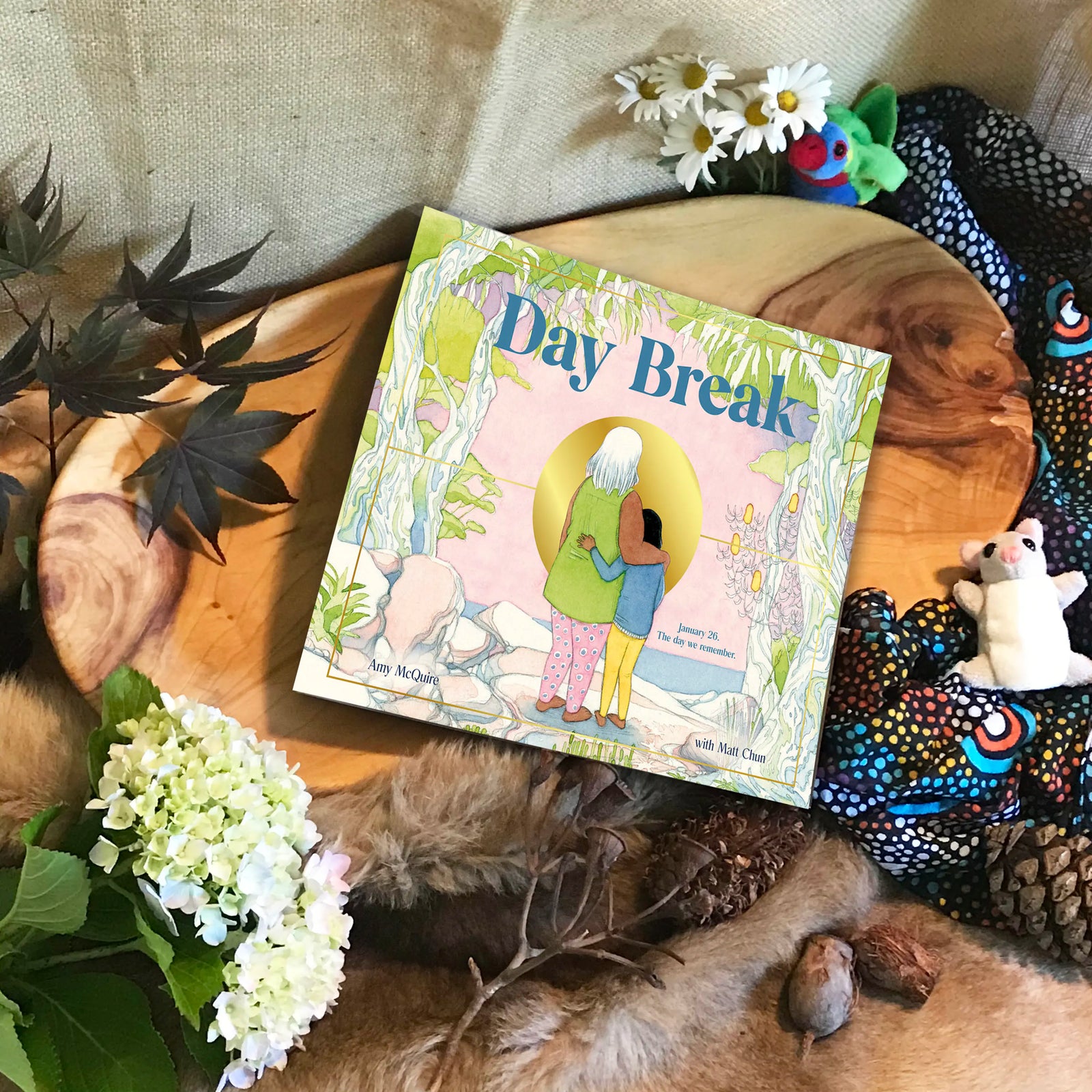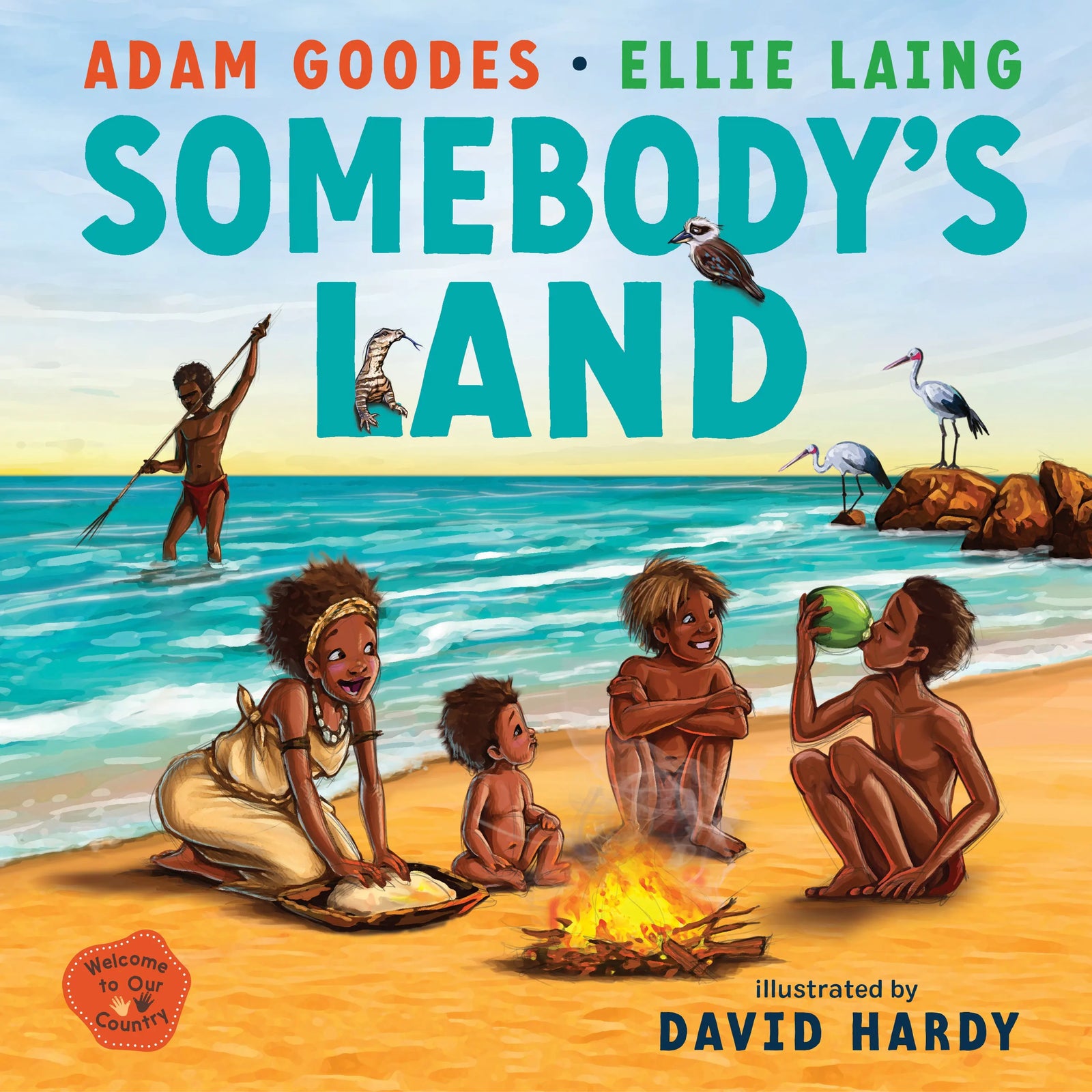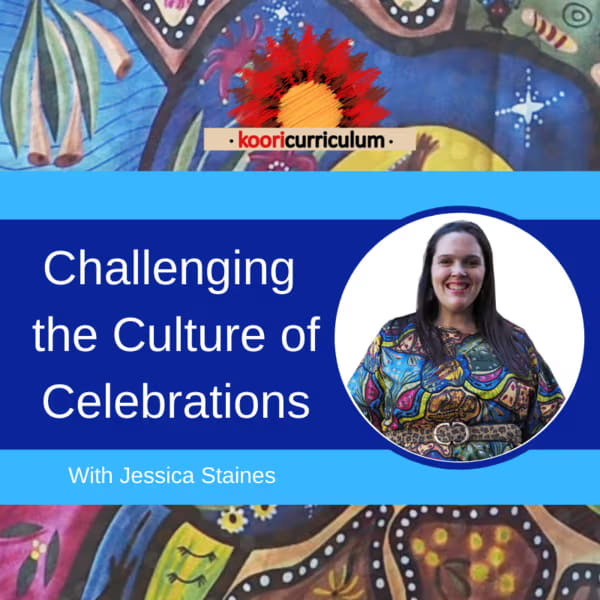1. It’s not personal
Within any one team there can be a spectrum of different feeling regarding the 26th of January and often in our work we encounter groups of educators struggling to form a consensus on what they should or shouldn’t do in regards to the date.
When engaging in discussions regarding the 26th of January we often hear lots of “I think” and “I feel” statements and this is when we gently remind educators that we don’t make professional or pedagogical decisions based upon our personal values, feelings and beliefs.
If we were discussing how to best guide Children’s behaviour we wouldn’t invite educators to share what they do in their own homes in hopes of finding and forming a consensus, this is no different. Our professional decisions, discussion and debates must be formed and based upon our professions overarching frameworks; The Code of Ethics, the EYLF and the NQS.
2. Stick to the facts
When discussing what to and what not to celebrate many educators can have an emotive response. It’s therefore really important if you are leading or facilitating a discussion to be well prepared and armed with the facts.
For example did you know that in 2018 Early Childhood Australia made a statement that they stood in support of Reconciliation Australia and felt that Australia Day celebrations should not take place in early learning settings until a more suitable date could be found for all: Australia Day—it’s time to change
3. Bring families along with you
We are often told that one of the biggest hurdles that educators face is that their families expect them to celebrate Australia Day on the 26th of January. We suggest:
- Firstly educating families on how decisions regarding care and practice are made within the centre eg based upon overarching frameworks and not on individuals feeling and beliefs.
- That in a community care setting there are non-negotiables and some things we can’t accommodate, which is why having centre policies are really important. Often we think of this in relation to physical care eg safe sleep practices but it also applies to inclusive practice.
- Create a centre policy on celebrations that outlines what you do, don’t do and why.
- Knowledge is power. Share reflective readings in parent libraries about changing the date, put facts in centre newsletters and invite families along to professional development opportunities. Remember unlearning and relearning takes time.
4. Privilege First Nation voices and experiences in your curriculum
We recommend books such as Day Break and Somebody’s Land.


5. Go to work
If you can stay open on the 26th of January and work then do so. If not make use of your public holiday and “Get Up, Stand Up, Show up” at a local Survival Day event.
Looking for more resources?
Check out our Challenging the Culture of Celebrations Webinar
Australia Day, ANZAC Day, Easter, Christmas, are times of the year when educators can feel challenged about the very nature of the event they are celebrating.
Let Koori Curriculum assist in your planning stages, giving you strategies to guide decision making as you look at the year ahead.
Join us for this webinar where we discuss:
- Resolving feelings when our professional and personal philosophy surrounding celebrations clash.
- Consulting the code of ethics as part of the decision making process to ensure we are acting in the best interests of all children all the time.
- What do we include and what do we exclude? Who do we include and who do we exclude?
- How to best manage change of centre celebration culture for families.
- Defining and differentiating equality and equity to ensure all children have the capacity and support to thrive.






